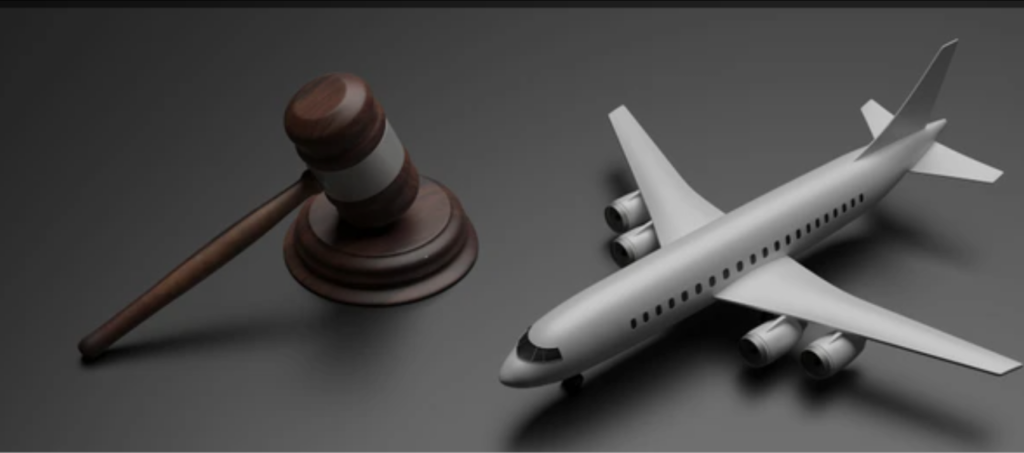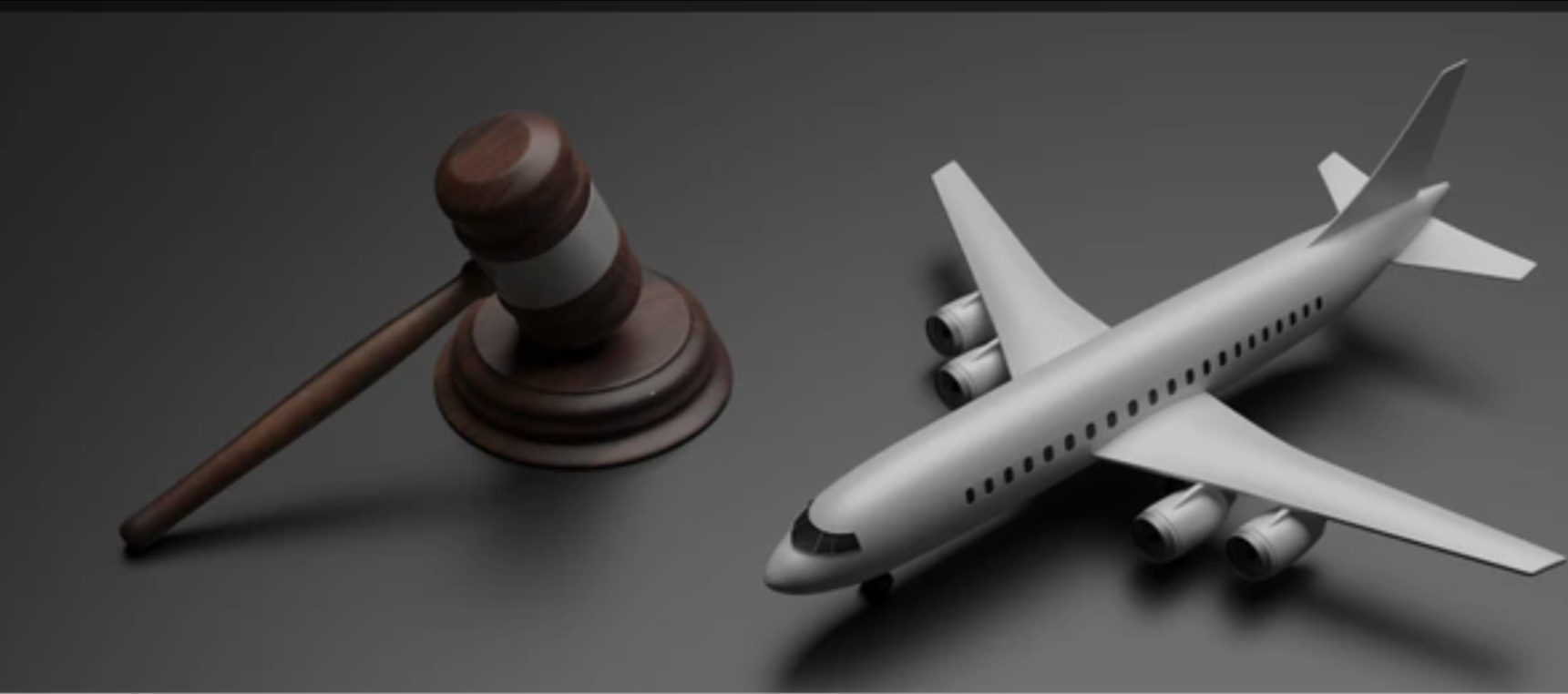
Harnessing Digitization to Combat Corruption in the Aviation Industry: Key Strategies and Case Studies
The aviation industry, a cornerstone of global connectivity, faces numerous challenges that threaten its profitability and integrity. In Nigeria, the ongoing forex crisis, escalating Jet A1 costs, high maintenance expenses, and regulatory demands have significantly squeezed profit margins, leaving airlines vulnerable to financial losses and corrupt practices. Harnessing digitization is crucial to overcoming these challenges, as it enables airlines to optimize financial and operational processes, ensuring sustainability and long-term success. This article explores how digitization can help prevent corruption within the airline industry, supported by case studies that illustrate key strategies.

1. Digitizing Financial and Payment Processes
Harnessing digitization is crucial for enhancing transparency and accountability in financial transactions within the airline industry. By automating payment systems, airlines can reduce the risk of fraudulent activities, streamline audits, and maintain accurate records. A prime example is the Lufthansa Group, which implemented a comprehensive digital payment platform that integrates all financial transactions across its global operations. This digitized system enhances real-time payment tracking and ensures compliance with international accounting standards. The result was a significant reduction in discrepancies and a more efficient audit process, minimizing opportunities for corruption and reinforcing financial integrity throughout the organization.
2. Regular Auditing of Financial and Payment Processes
By implementing digital audit trails, airlines can maintain clear, tamper-proof records, making it easier to identify and address anomalies. For instance, Delta Air Lines adopted a digital audit system that automates the auditing of all financial transactions, flagging unusual activities and generating alerts for further investigation. Since implementing this system, Delta has reported a decrease in internal fraud cases, demonstrating how regular digital audits play a pivotal role in maintaining financial integrity and reducing the risk of corruption.
3. Identifying and Fixing Revenue Leakages
Harnessing digitization allows airlines to identify and address areas where revenue leakages occur, leading to significant cost savings. Automated systems analyze vast amounts of data, pinpointing inefficiencies and financial drains with precision. For example, Emirates Airlines utilized big data analytics to scrutinize its financial operations, uncovering issues like ticketing fraud and fuel inefficiencies. By implementing targeted digital solutions to address these challenges, Emirates successfully recovered millions of dollars in lost revenue, demonstrating the powerful impact of digitization on enhancing financial integrity and operational efficiency.
4. Regular Review of Operational Processes through Harnessing digitization
operational processes must be regularly reviewed to maintain efficiency and effectiveness. Digital tools offer real-time monitoring and evaluation, providing valuable insights for continuous improvement. For instance, Singapore Airlines implemented a digital operations management system that tracks flight operations, maintenance schedules, and crew management. This system enables the airline to swiftly identify and address inefficiencies, leading to enhanced safety and increased profitability. By continuously refining these processes, airlines can ensure they operate at peak performance while minimizing risks and maximizing operational success.
5. Restructuring Business Models to Reflect Current Realities
As the aviation industry continues to evolve, airlines must restructure their business models to reflect current realities and stay competitive. Harnessing digitization allows businesses to swiftly adapt their strategies to meet changing market demands. For example, Ryanair restructured its model by embracing a digital-first approach, prioritizing online sales, dynamic pricing, and automated customer service. This transformation not only boosted profitability but also minimized opportunities for corruption by reducing reliance on cash transactions and manual processes. Through this strategic shift, Ryanair demonstrated how leveraging technology can drive efficiency and transparency, enabling airlines to thrive in an increasingly digital world.
6. Adopting a Central Payment System
Harnessing Digitization has become crucial in streamlining financial operations, as seen in the adoption of a centralized payment system. This approach simplifies transaction tracking and verification, effectively minimizing the risk of fraud. For example, Qatar Airways successfully implemented a central payment system, integrating all payment channels into one platform. This not only provides real-time visibility into transactions but also enables the airline to promptly detect and resolve discrepancies, significantly reducing the potential for corruption. By adopting such innovative systems, businesses can ensure a more secure and efficient financial management process, enhancing overall operational transparency and accountability.
7. Outsourcing Services for Efficiency
Harnessing digitization has transformed how companies manage non-core services by streamlining operations and minimizing risks. For instance, outsourcing services can improve efficiency and reduce internal corruption when paired with digital contracts and performance monitoring systems. A notable example is British Airways, which outsourced its IT services to a specialized provider. By implementing a digital contract management system, they were able to closely monitor performance, ensuring outsourced services met their standards. This allowed the airline to concentrate on core operations while harnessing digitization to guarantee efficiency and transparency in the management of outsourced tasks.
8. Harnessing digitization: Making Upfront Payments
Harnessing digitization has proven effective in minimizing exposure to corrupt practices, particularly in industries like aviation. Airlines can significantly reduce risks by making upfront payments for critical services such as fuel, as digitization automates payment schedules and ensures transparency. For example, Ethiopian Airlines implemented a digital procurement system that streamlines and automates fuel payments, which decreases transaction frequency and mitigates corruption risks. This digital approach has enabled the airline to maintain a transparent, efficient, and corruption-free procurement process, reinforcing the value of digitization in modern operations.
Conclusion
Harnessing digitization is not just a tool for enhancing efficiency; it is a critical strategy for combating corruption in the aviation industry. By implementing digital solutions across financial and operational processes, airlines can create a transparent, accountable, and efficient environment that minimizes the risk of corrupt practices. As the aviation industry continues to face economic pressures, the role of digitization in safeguarding its integrity cannot be overstated.
For a customized analysis and recommendations on how to digitize and optimize your airline’s processes, contact Cliqjets Consulting at www.cliqjets.com.






Your point of view caught my eye and was very interesting. Thanks. I have a question for you.
Thanks for reading the article, you can go ahead with your question
My brother recommended I may like this website.
He was totally right. This put up actually made my day. You can not imagine simply how
so much time I had spent for this info! Thanks!
We are a group of volunteerss and opening a new scheme in ourr community.
Your site provided us with valuable info to work on.
You’vedone aan impressive job and our whole community will be grateful too you. https://evolution.org.ua/
We aare a group oof volunteers and opening a new scheme in our community.Your site provided
us with valuable info too work on. You’ve done an impressive
job aand our whole community will be grateful
to you. https://evolution.org.ua/